Clappy the Monkey has become a top choice for interactive toy lovers thanks to its unique mix of plush comfort and...
What a Musical Stuffed Animals Can Bring Funs To Kids?
Introduction
Music and singing is important and essential for every human being. In children, there are certain benefits of singing and music at an early age. The musical stuffed animals play a critical role in development of a child’s speech.
The singing christmas stuffed animals contribute to the improvement of the voice system's fine and large motor skills. The underlying anatomy and physiology reach their full potential for development and motor coordination the more the vocal system is utilised correctly, as in musical stuffed animals. This is crucial throughout infancy and early adolescence since these years are when the fundamentals of successful communication and a lifetime voice identity are developed via musical stuffed animals.
Neurological performance
Neurologically, musical stuffed animals behaviour is multi-sited and networked across a wide range of brain regions. These include the maturation and interplay of brain regions responsible for elements of language (lyrics), fine motor behaviour, visual imagery, and emotion as well as characteristics of musical stuffed animals (such as pitch, rhythm, and timbre). Additionally, according to recent studies, musical stuffed animals with someone else differs from singing by yourself or with an instrument since it uses neural regions associated to social interaction and coordination.
Intrapersonal communication
The growth of personal identity in and through musical stuffed animals are among the psychological advantages of singing. A good self-concept and the capacity to communicate are linked to the use of a confident and healthy voice. A successful singing career fosters self-worth, general assurance, and self-efficacy. The musical stuffed animals are an essential part of who we are; how we use musical stuffed animals communicates both to ourselves and to others how we are feeling and how well we are mentally.
A therapeutic activity is playing with musical stuffed animals.
Our emotions may be expressed via singing. Musical stuffed animals help us feel better about ourselves and the world around us by causing an endocrine system response and being physically active. As we first hear our mother's voice in the womb, musical stuffed animals are one of our first vocal experiences. All voice usage, including singing in musical stuffed animals, is entwined with basic emotional states that are essential to the human condition, such as happiness and sorrow.
Interpersonal dialogue
We may maximise our ability to communicate with others by singing well after playing with singing christmas stuffed animals. We learn to boost vocal colour, to enhance our fundamental vocal coordination, and to intentionally vary our vocal communication by singing christmas stuffed animals. In fact, 25% of those in the workforce (such as teachers, attorneys, clergy, telemarketers, actors, singers, and businesspeople) rely heavily on their voices for their jobs. The fundamental vocal mechanism is strengthened and improved by singing and playing with singing christmas stuffed animals.
An increased feeling of social inclusion is one of the social advantages.
Successful singing talent and a pleasant sense of social inclusion and community belonging are closely associated. The likelihood of having empathetic interactions with people around us is increased by singing with others. Collective singing, such as in a chorus or small group, fosters a strong sense of collective identification and has favourable effects on the body and mind.

Use in Different Places
Infants
We can tell you that Babies enjoy touching the singing christmas stuffed animals’ velvety hair, bristly whiskers, and hard eyes of plush animals. These singing christmas stuffed animals will also be chewed on or sucked on, so make sure the early ones you choose can be loved and cleaned. Stay away from beads or other detachable items. Cute singing christmas stuffed animals appeal to certain infants. Short fur or hair that cannot be removed easily should be preferred.
Kids under 3
The singing christmas stuffed animals should be carefully picked for longevity and safety up to roughly age two or three. Along with learning language and names, toddlers also acquire empathy. Different plush animals can help young children recognize words like SUS which are fun.
These musical stuffed animals are used as test subjects for emotions; they may be thrown, embraced, hit, and kissed. The musical stuffed animals can be fed, have their diapers changed, be put to bed, and use the restroom as early parenting skills are exercised. Toddlers learn to overcome obstacles, comprehend shifting expectations, and express their views by acting out various scenarios. A child's first genuine buddies may be their musical stuffed animals.
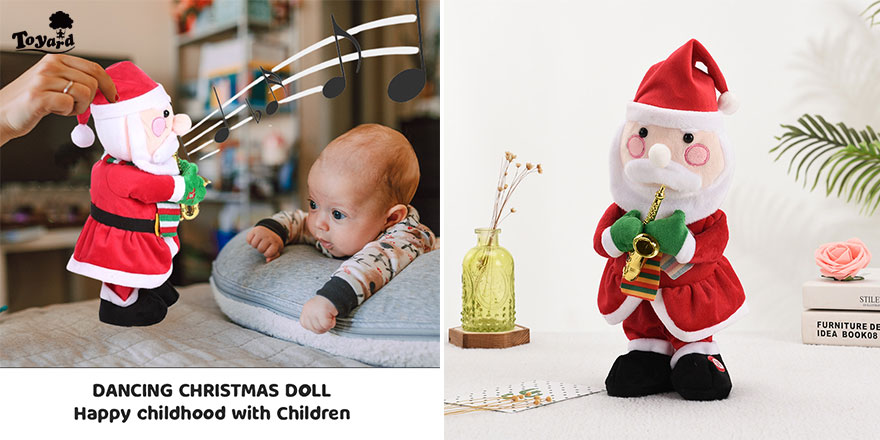
Occasions
You can use the musical stuffed animals on birthdays and other religious events such as Christmas to express your love and care. You can gift these musical stuffed toys to the people you love and care about.
Reprint statement of blog content: All the blog content and image are original, copyrighted by gameplushtoy.com. The reprint statement must be included with our permission. Toyard is not responsible for reprinting for similar content or containing trademark and other infringement reprint statements. Please contact us if there is infringement content.

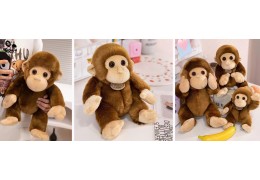
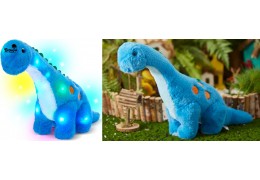


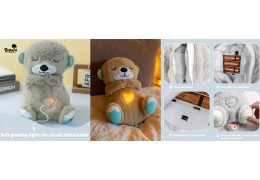
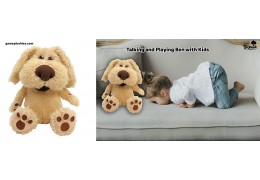
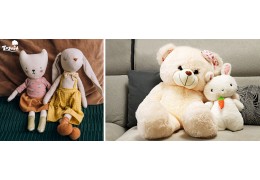
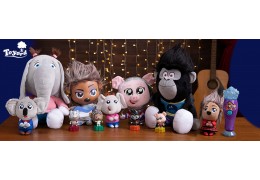
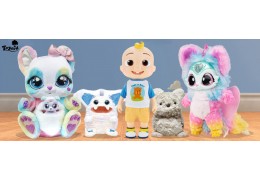
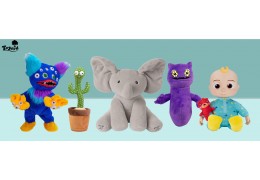


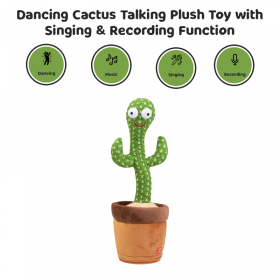
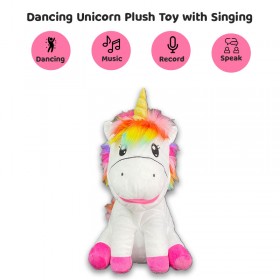
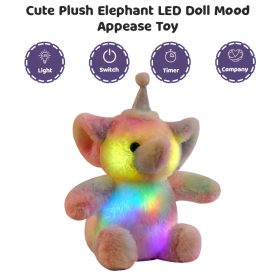
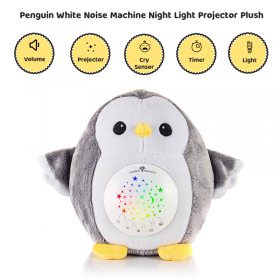
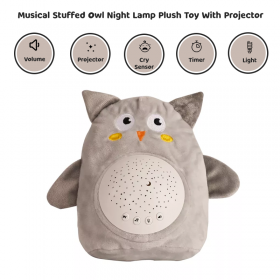
Top authors